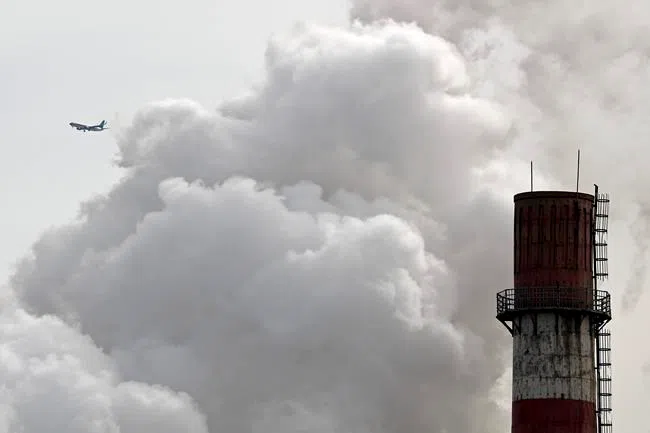
World faces ‘impossible’ task at post-Paris climate talks
KATOWICE, Poland — Three years after sealing a landmark global climate deal in Paris, world leaders are gathering again to agree on the fine print.
The euphoria of 2015 has given way to sober realization that getting an agreement among almost 200 countries, each with their own political and economic demands, will be challenging — as evidenced by President Donald Trump’s decision to pull the United States out of the Paris accord, citing his “America First” mantra.
“Looking from the outside perspective, it’s an impossible task,” Poland’s deputy environment minister, Michal Kurtyka, said of the talks he will preside over in Katowice from Dec. 2-14.
Top of the agenda will be finalizing the so-called Paris rulebook, which determines how countries have to count their greenhouse gas emissions, transparently report them to the rest of the world and reveal what they are doing to reduce them.
